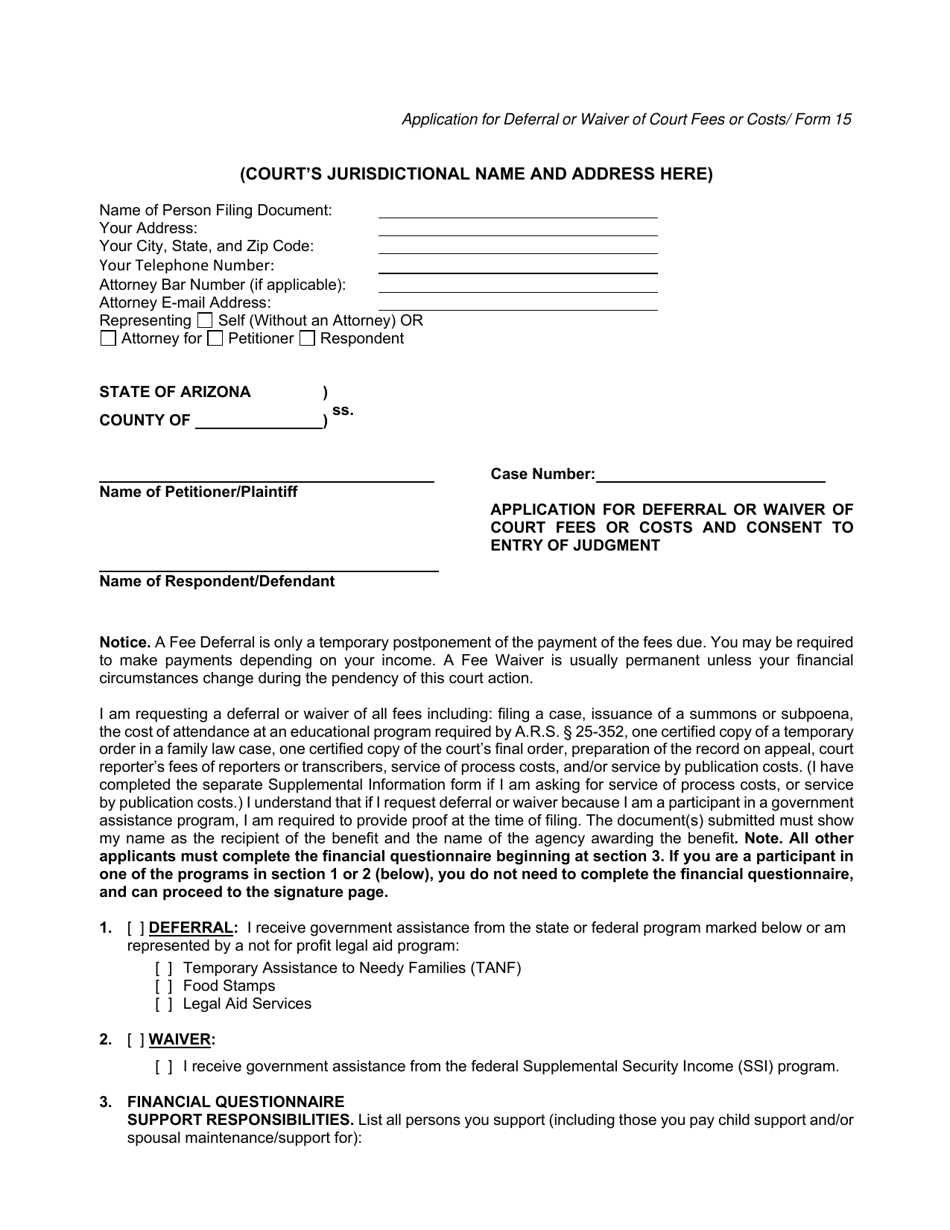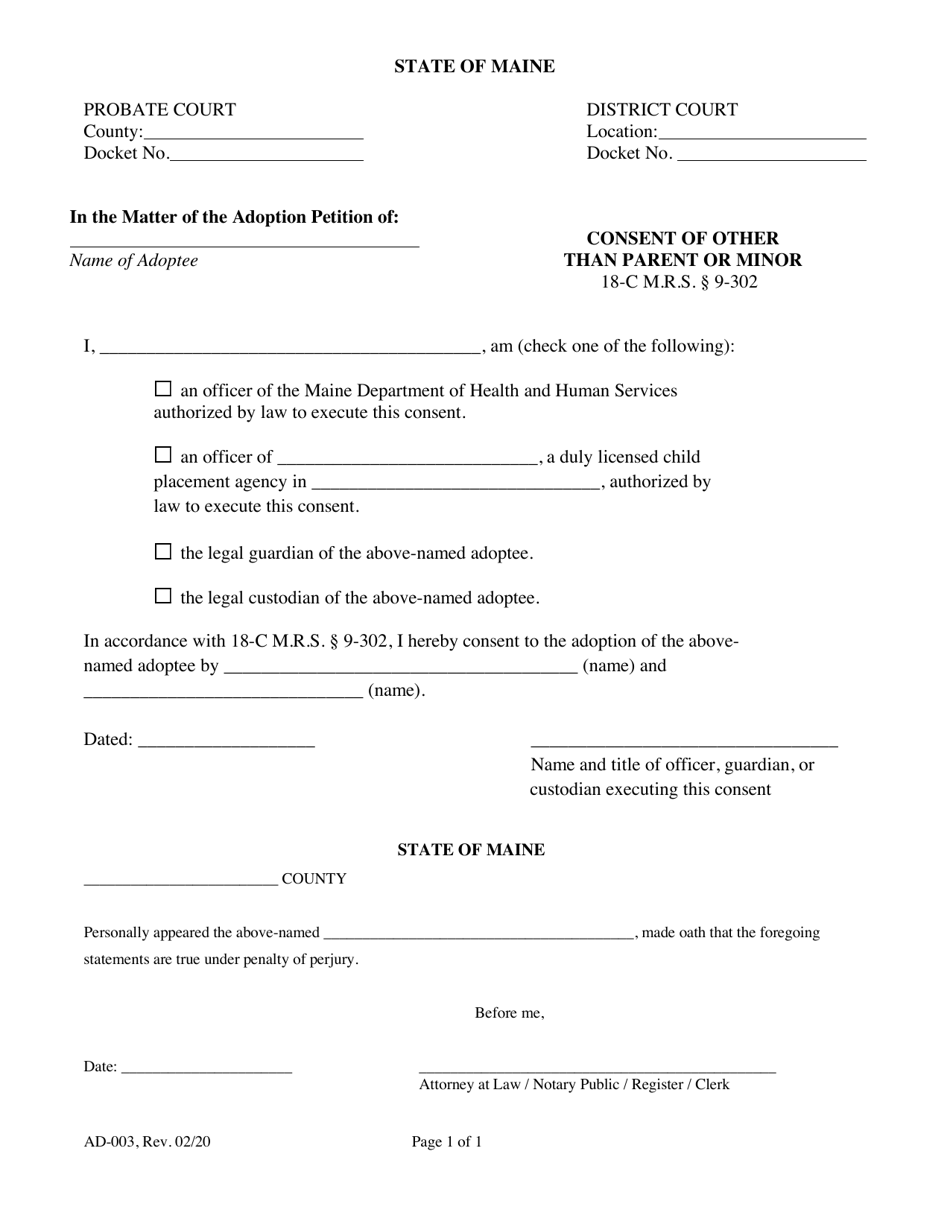

The only exception to a magistrate's exercise of civil jurisdiction, which includes the power to conduct jury and nonjury trials and decide dispositive motions, is the contempt power. §636(c)(1) by the district court or courts he serves. In order to exercise this jurisdiction, a magistrate must be specially designated under 28 U.S.C. See McCabe, The Federal Magistrate Act of 1979, 16 Harv. §636(c), which permit a magistrate to sit in lieu of a district judge and exercise civil jurisdiction over a case, when the parties consent. This subdivision implements the broad authority of the 1979 amendments to the Magistrates Act, 28 U.S.C. Notes of Advisory Committee on Rules-1983 §636(c)(3), an appeal from a judgment entered at a magistrate judge's direction may be taken to the court of appeals as would any other appeal from a district-court judgment. On its own for good cause-or when a party shows extraordinary circumstances-the district judge may vacate a referral to a magistrate judge under this rule. A district judge, magistrate judge, or other court official may remind the parties of the magistrate judge's availability, but must also advise them that they are free to withhold consent without adverse substantive consequences. (2) Reminding the Parties About Consenting. A district judge or magistrate judge may be informed of a party's response to the clerk's notice only if all parties have consented to the referral. To signify their consent, the parties must jointly or separately file a statement consenting to the referral.

When a magistrate judge has been designated to conduct civil actions or proceedings, the clerk must give the parties written notice of their opportunity to consent under 28 U.S.C. A record must be made in accordance with 28 U.S.C. §636(c), a magistrate judge may, if all parties consent, conduct a civil action or proceeding, including a jury or nonjury trial.

See also NCF forms that support the National Practice Notes including NCF1 – Concise Statement and NCF7- Request for Leave to Issue a Subpoena.įorms under the Federal Court (Bankruptcy) Rules 2016.įorms under the Federal Court (Corporations) Rules 2000.įorms under the Native Title (Federal Court) Regulations 1998.įorms under the Federal Court (Criminal Proceedings) Rules 2016Įxemptions, deferrals and refunds to the payment of court fees - Access to court documents & transcript - Setting up a credit account - miscellaneous forms.įorms to support the National Practice Notes.(a) Trial by Consent. Select from the list to see the forms which apply:

Most applications and other documents used in the Federal Court must be set out in accordance with the Rules and Regulations listed below. Accessibility assistance: If you experience difficulty with completing a form due to accessibility issues, please email the Web Manager at Court Forms


 0 kommentar(er)
0 kommentar(er)
